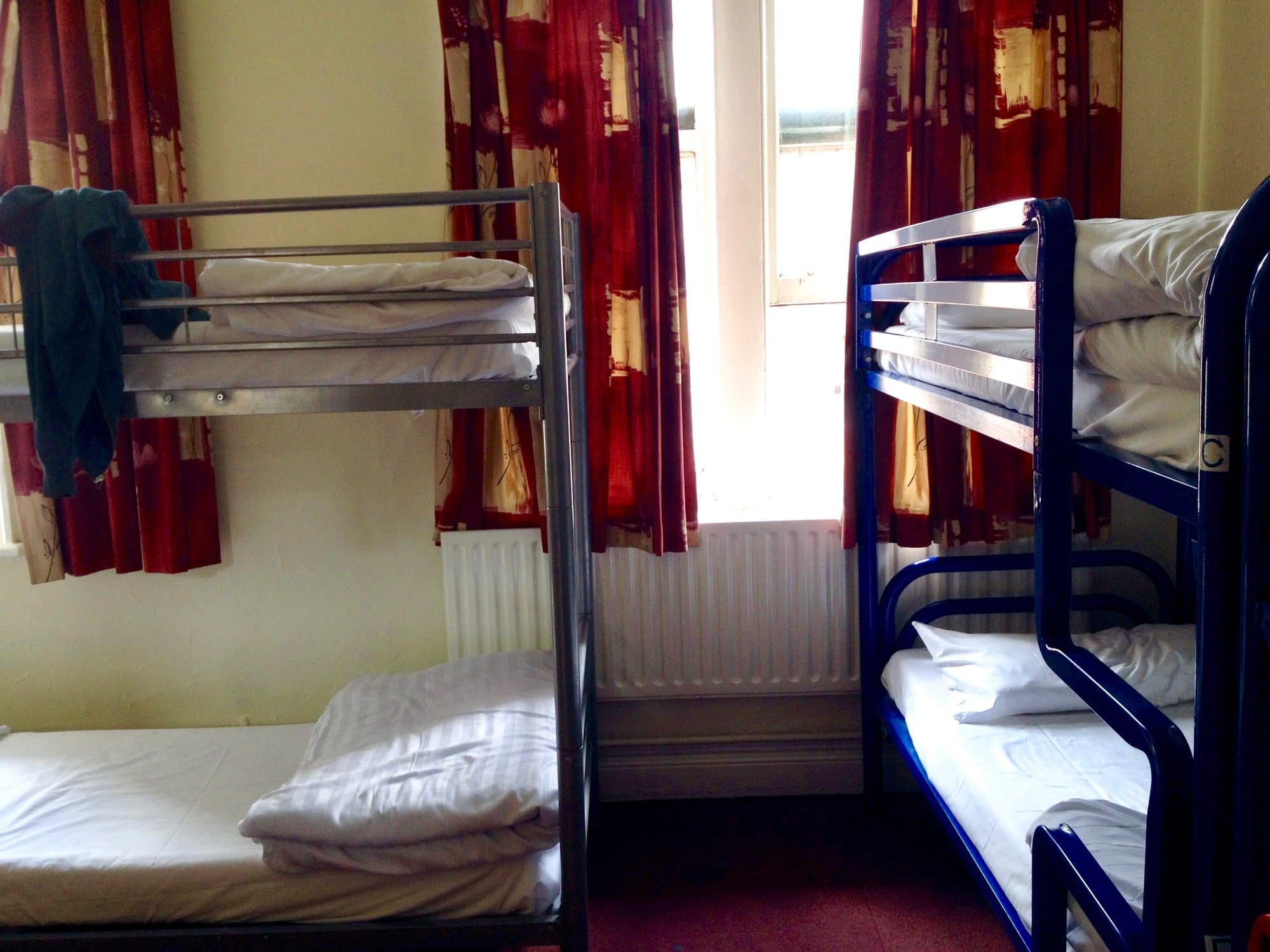The experience of living in a sober house

A Guide to Recovery and Community
Introduction: A sober house, also known as a sober living home, is a supportive living environment designed for individuals recovering from addiction. These homes provide a structured, substance-free environment where residents can focus on their recovery while transitioning back to independent living. Here, we explore what it’s like to live in a sober house and the benefits it offers to individuals committed to maintaining their sobriety.
What is a Sober House? A sober house is a shared residence where individuals recovering from drug or alcohol addiction can live together. It serves as a bridge between inpatient treatment programs and independent living, offering a safe space where residents can practice sobriety and develop essential life skills. Sober houses typically have rules and guidelines that residents must follow to ensure a supportive and respectful atmosphere.
Benefits of Living in a Sober House:
1. Structured Environment: Sober houses provide a structured daily routine that helps residents establish stability in their lives. This structure often includes set meal times, curfews, and chores that promote responsibility and accountability.
2. Peer Support: Living with others who understand the challenges of addiction fosters a sense of community and belonging. Residents can share their experiences, offer encouragement, and provide motivation to one another as they navigate their recovery journey.
3. Accountability: Sober houses often have rules that residents must adhere to, such as abstaining from alcohol and drugs, attending support group meetings, and participating in house meetings. This accountability can help individuals stay committed to their sobriety.
4. Skill Development: Many sober houses offer resources for residents to develop life skills necessary for independent living. This can include job training, financial management, cooking, and time management skills, all of which are essential for a successful transition.
5. Access to Resources: Sober houses often connect residents with local resources such as counseling services, job placement assistance, and recovery support groups. This access can be invaluable as individuals work to rebuild their lives.
6. Safe and Substance-Free Living: One of the primary benefits of a sober house is the assurance of a safe, drug-free environment. This is crucial for individuals in recovery, as it reduces the risk of relapse and allows them to focus on healing.
Challenges of Living in a Sober House:
While sober houses provide many benefits, there can also be challenges:
1. Adjustment Period: Transitioning from a treatment facility to a sober house can be challenging. Individuals may need to adapt to a new living environment and establish new routines.
2. Interpersonal Conflicts: Living with others can sometimes lead to conflicts or disagreements. Learning to navigate these relationships is an important part of the sober living experience.
3. Limited Privacy: Sober houses often involve shared living spaces, which can limit personal privacy. Residents must learn to respect one another’s boundaries and communicate openly.
Conclusion: Living in a sober house can be a transformative experience for individuals in recovery. It offers a supportive and structured environment that promotes accountability, community, and personal growth. While challenges may arise, the benefits of living in a sober house far outweigh the drawbacks, providing a solid foundation for lasting sobriety and a successful transition to independent living. If you or someone you know is considering a sober house, it may be an important step in the journey toward a healthier, more fulfilling life.